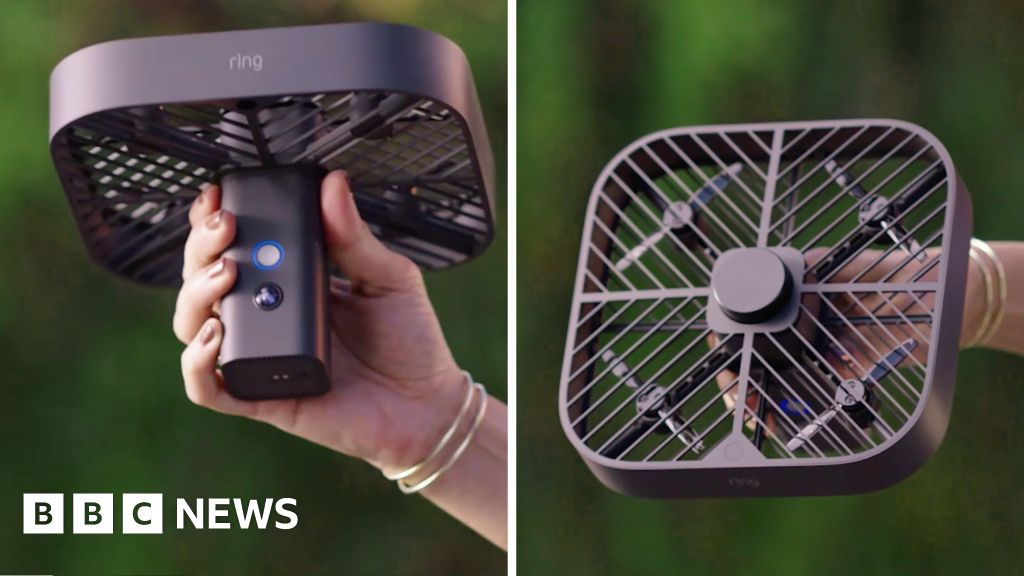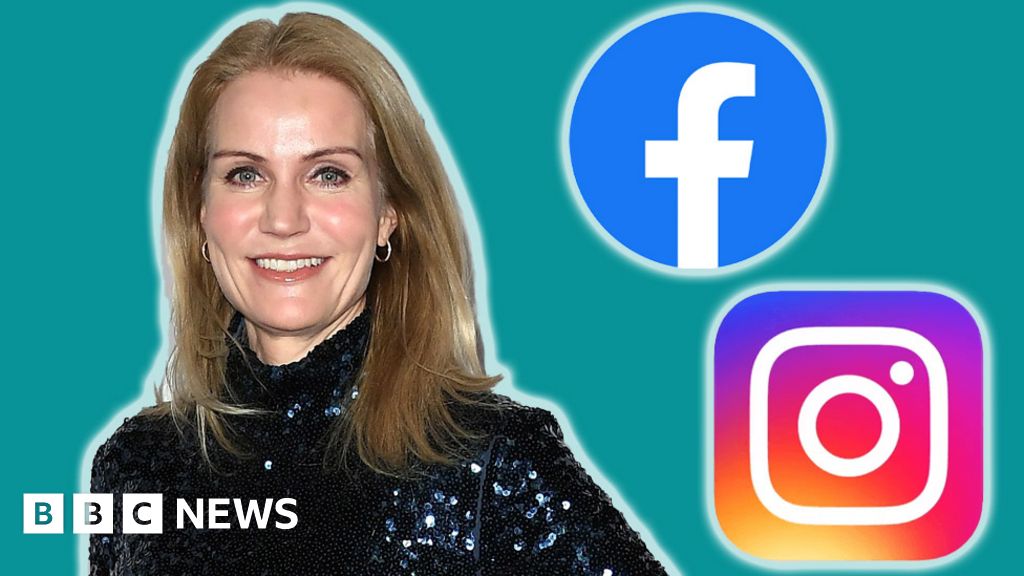Published3 minutes ago
Facebook has unveiled its second-generation Oculus Quest virtual reality headset, promising higher-quality visuals at a significantly lower price than many had predicted.
It also revealed two blockbuster franchises - Assassin's Creed and Splinter Cell - were being developed for the platform.
The firm has been unable to meet demand for the first Quest in recent months.
But one industry-watcher suggested it is likely to remain a "niche" product.
The launch comes 16 months after the original Quest's release.
The all-in-one machine distinguished itself by offering users six degrees of freedom - meaning they could walk around virtual worlds in a limited space as well as look up, down, left and right - without needing separate external sensors or to have its software run off a PC.
The new model features higher-resolution displays, which now offer "almost 2K" per eye. The firm says that represents 50% more pixels than before, and they have been arranged so that the gaps between each pixel are less apparent.
Facebook suggest one benefit is that text will be easier to read.
image copyrightFacebook
image captionFacebook says the improvements should make the headset more comfortable to wear and deliver a greater sense of presenceHowever, the trade off is that it has moved from using OLED to LED screen technology, meaning the blacks may be less deep than before, affecting contrast.
Other improvements include:
Many of the details had leaked in advance.
However, the price has proved to be a surprise.
Experts the BBC spoke to ahead of the launch expected it to be anywhere from the same price as the original quest up to about a third more.
Instead, Facebook has cut the entry level price from £399 to £299.
That could help drive interest at a time when many gamers are focused instead on the forthcoming launches of new PlayStation and Xbox consoles.
"The upgraded image quality is important, but this is still a stepping stone, an incremental step towards mass adoption," commented Kevin Joyce from the VR consultancy Tiny Brains.
"The Quest still needs to come further down in size and weight, and the graphics are still what you would have got from a console two generations ago.
"But Facebook is steadily paving the way for VR to go mainstream with what is a very calculated effort.
Ubisoft tie-up
Oculus Quest headsets have sold out within hours of coming into stock for most of 2020.
But while the coronavirus pandemic may have made the tech more appealing to consumers living under lockdown, it also constrained Facebook's ability to order more from its suppliers.
"Shipment volumes across the VR sector are still extremely low compared to many other categories, and for now gaming is still the only category driving sales of the products," commented Francisco Jeronimo from the research firm IDC.
A deal with Ubisoft to create made-for-VR entries in the Assassin's Creed and Tom Clancy's Splinter Cell series that will run natively on the Quest should add to its appeal.
Until now, many of the games on offer have been from smaller independent studios working with relatively low budgets.
Facebook said it would also soon release a multiplayer version of its rhythm-based game Beat Saber, which is already one of the Quest's most popular titles.
image copyrightFacebook
image captionMark Zuckerberg hosted the virtual launch and said he had held management meetings in VRIt is also making it easier to link the machine up to a PC to play titles off a more powerful computer, and would soon support gameplay at up to 90 frames per second.
But the company is also looking beyond gaming, and showed off a concept it called Infinite Office.
This allows people to enter a huge virtual working space where they can run multiple screens of all sizes. And it said it was working with Logitech to develop a physical keyboard that would work in VR.
The Quest 2 will be released on 13 October.

 5 years ago
1189
5 years ago
1189 

